
Exclusive: What happened in New York City’s only Amazon fulfillment center amid the pandemic shows how Jeff Bezos pulled off the impossible — and reveals relentless turnover, inadvertent firings, racial inequities and an employment model under strain. nyti.ms/3goAumo
To document the untold story of Amazon’s employment system, our reporters interviewed nearly 200 current and former employees, from new hires to corporate veterans in Seattle, and obtained internal documents, including posts from warehouse feedback boards. nyti.ms/3goAumo 
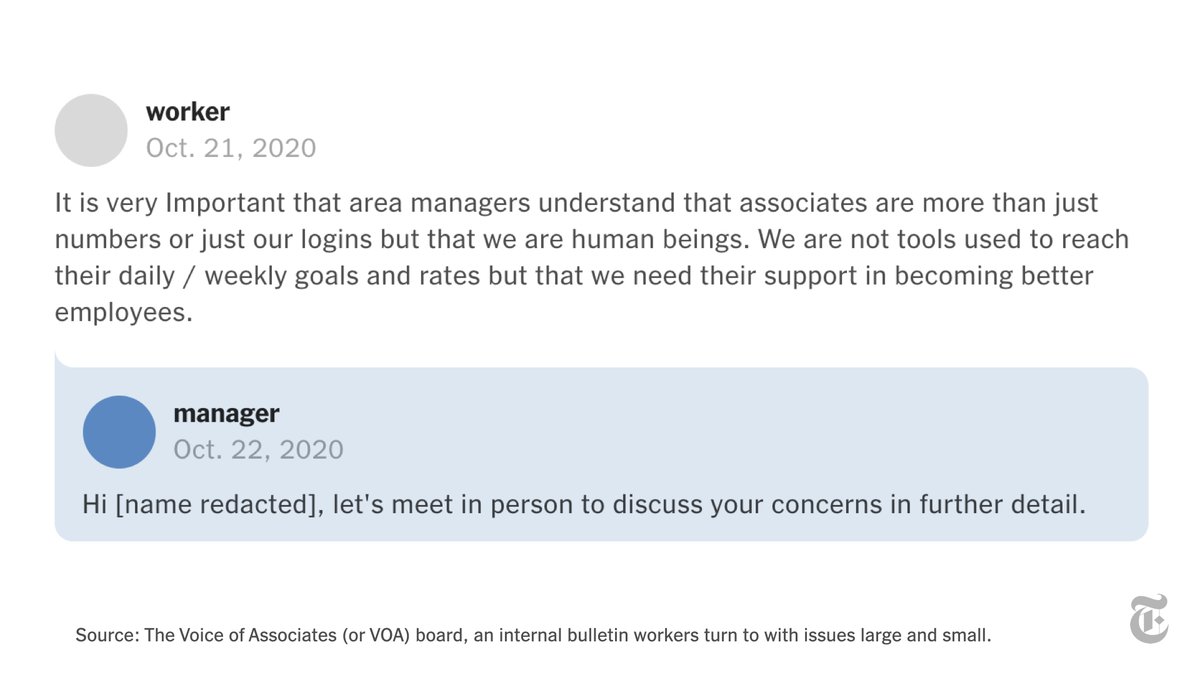
Amazon’s turnover was roughly 150% a year, The New York Times learned, meaning the company had to replace the equivalent of its entire hourly work force roughly every eight months.
Some executives worry that the company may run out of workers. nyti.ms/3goAumo
Some executives worry that the company may run out of workers. nyti.ms/3goAumo
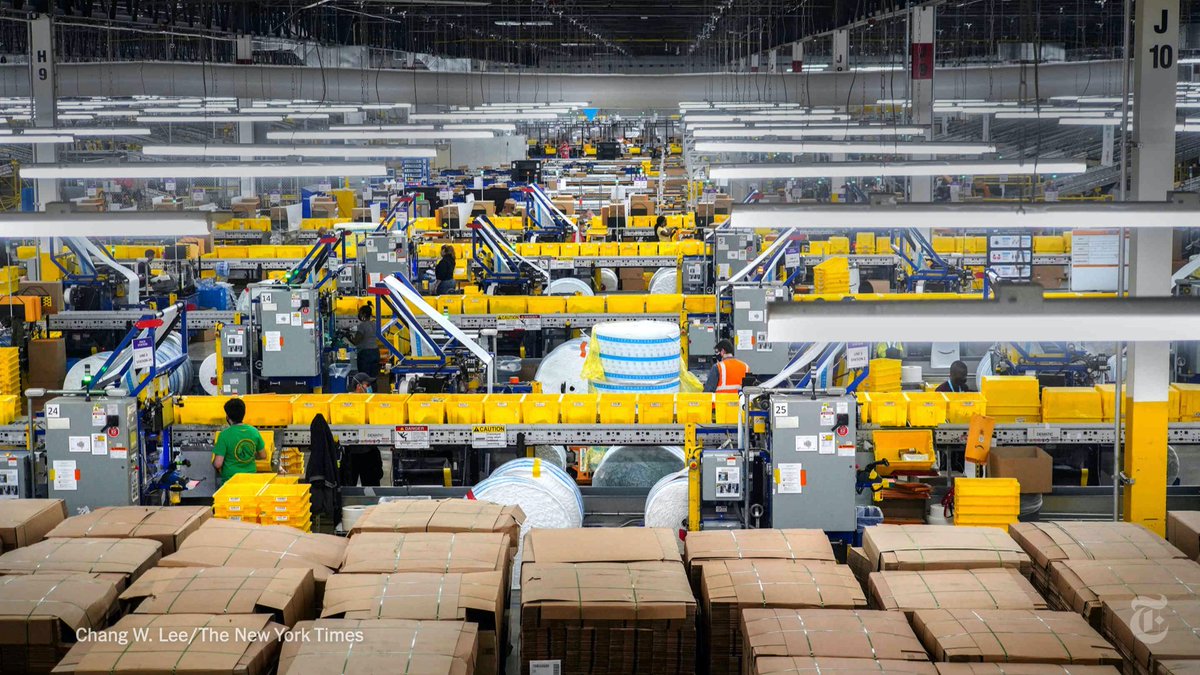
But the high turnover is by design. Jeff Bezos wanted to avoid a long-serving, entrenched work force, calling it “a march to mediocrity,” so instead of working to retain employees, he created incentives for them to leave. nyti.ms/3goAumo 
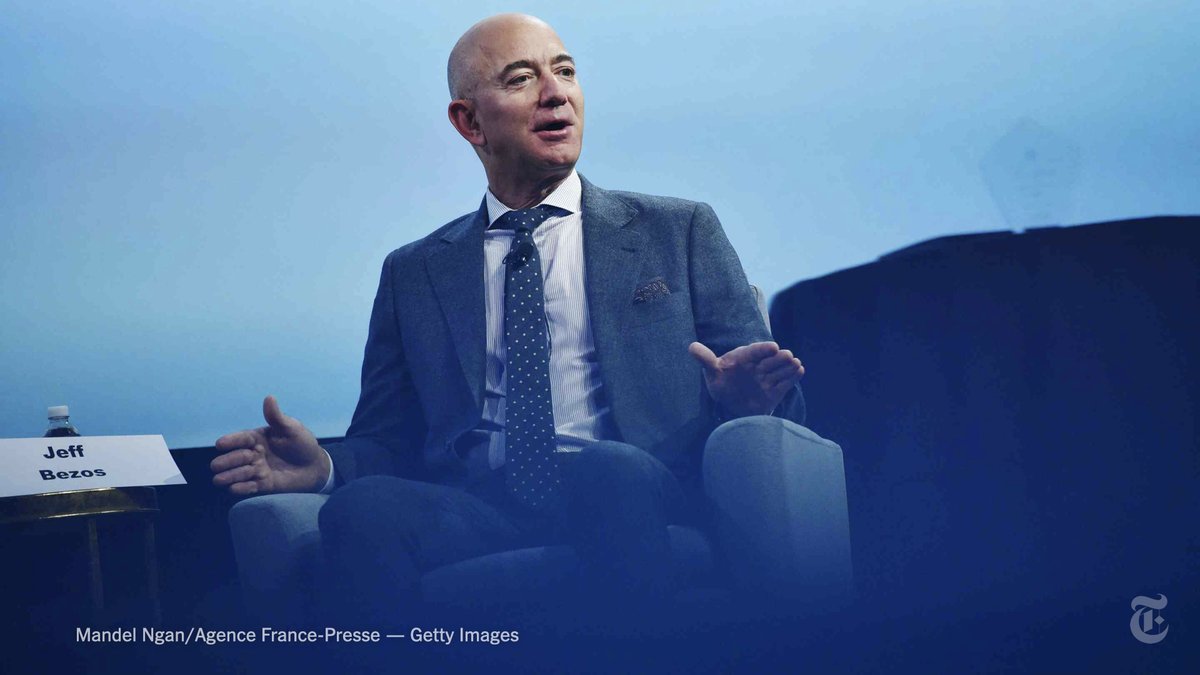
The pandemic strained Amazon’s model for managing people. Heavily reliant on metrics, apps and chatbots, it resulted in mistaken firings and stalled benefits at the Staten Island warehouse, called JFK8, and beyond. nyti.ms/3goAumo 
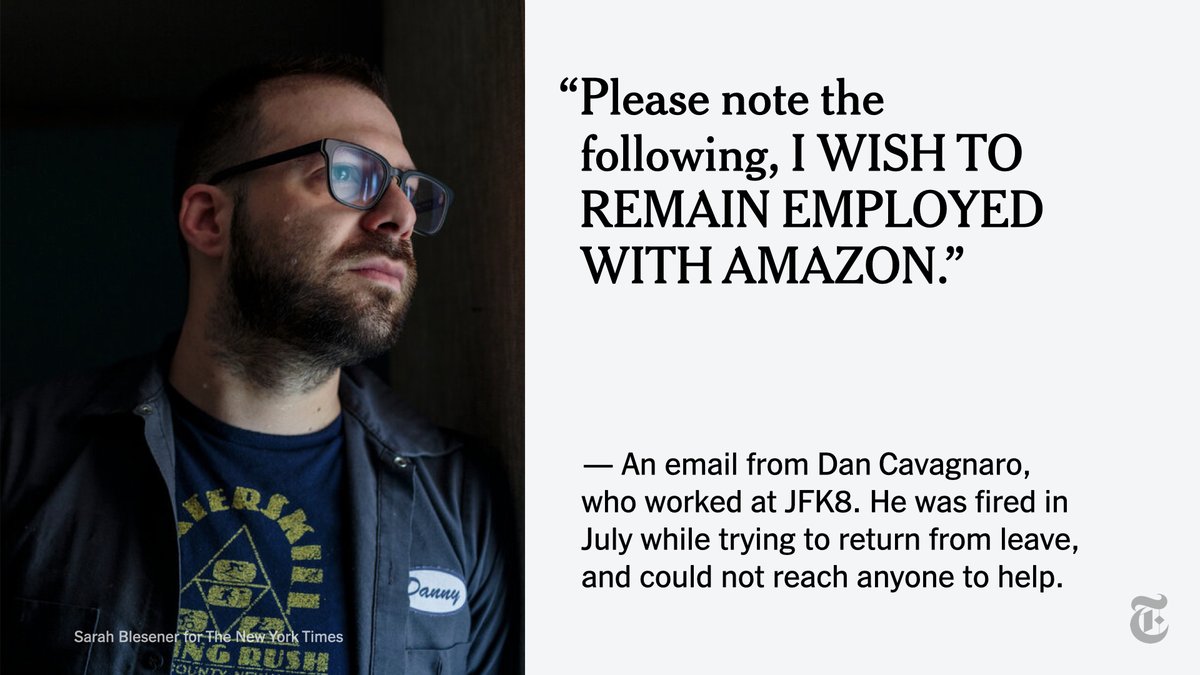
Between the tracking and few advancement opportunities, “a lot of minority workers just felt like we were being used,” one worker said. Amazon announced new diversity plans this spring, including a goal to “retain employees at statistically similar rates across all demographics.” 
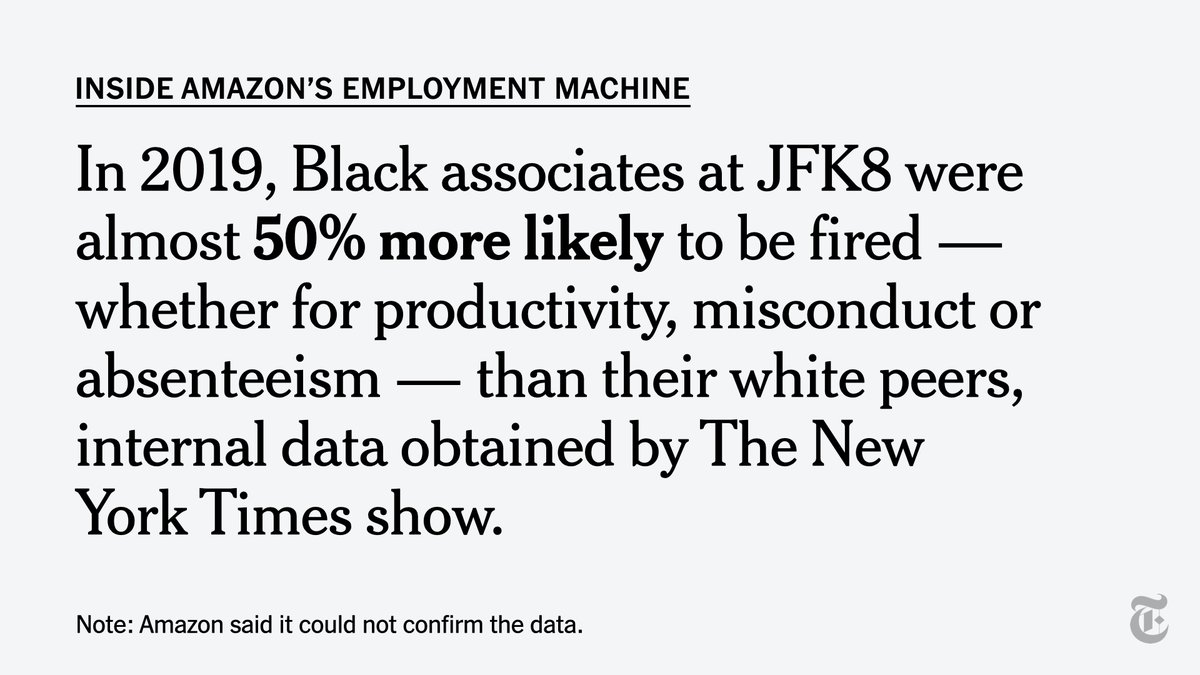
Amazon emphasized its strong pay and benefits, saying its approach worked for most. “Ninety-eight percent of everything’s going great,” said Ofori Agboka, an HR leader. Even so, he acknowledged that the company had over-relied on technology. nyti.ms/3goAumo 
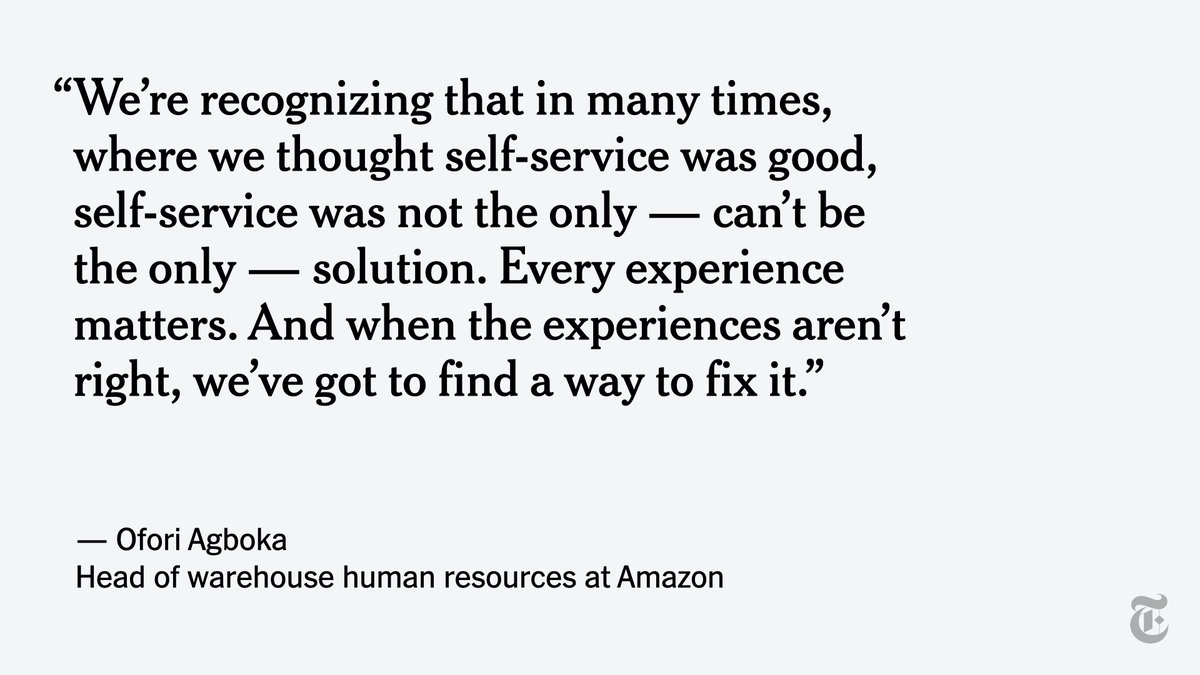
Amazon said it offered training and careers to those interested, and was proud to provide people short-term employment for the “seasons and periods of time” they need.
“Attrition is only one data point,” a spokeswoman said, “which when used alone lacks important context.”
“Attrition is only one data point,” a spokeswoman said, “which when used alone lacks important context.”

Jeff Bezos said he wants Amazon to be “Earth’s Best Employer.” What’s not clear is how or whether the company will reassess the systems that have propelled it this far.
“Let’s see if they can innovate their way out of this,” said a former employee. nyti.ms/3goAumo
“Let’s see if they can innovate their way out of this,” said a former employee. nyti.ms/3goAumo
We’d like to hear from you: Are you a current or former Amazon employee? We’re interested in learning as much as possible about how Amazon manages its work force. nytimes.com/2021/06/15/bus…
• • •
Missing some Tweet in this thread? You can try to
force a refresh












